Undeniable crime
Japan has become increasingly aggressive in recent years in seeking to break free from its postwar pacifism. It actively seeks to revise the constitution so as to exercise the right of collective self-defense, ignoring the exclusively defense-oriented policy and seeking to "acquire the capability to strike enemy bases." In its 2023 Defense White Paper passed last month, Japan labeled China as its greatest security threat.
In May, Japan and NATO vowed to strengthen cooperation in space and cyberspace development to counter both China and Russia, a close interaction between the two sides after NATO said it plans to open a liaison office in Tokyo, the first of its kind in Asia.
Chinese analysts believe the NATO liaison office in Japan is no longer a symbolic move but a substantial move to build a so-called security defense around China. However, Japan's security can never be achieved by relying on the military support of the US or NATO. In fact, the more closely Japan cooperates with the US or NATO militarily, the less it will obtain the security it wants, and the less likely it will be able to change its image as a "geostrategic dwarf."
Meanwhile, South Korean President Yoon Suk-yeol announced in March that South Korea would no longer seek compensation from Japanese companies for the forced labor endured by Korean victims during WWII. The decision immediately sparked strong opposition from anti-war activists within South Korea. A 95-year-old South Korean senior citizen took to the streets once again, stating, "Even though I'm 95 years old, I can't die because it's unfair."
"When it comes to issues of historical understanding, it is reasonable to jointly demand for Japan to clearly acknowledge its wartime responsibilities, engage in continuous self-reflection on its war actions, and offer apologies and compensation. This line of thought aligns with normal expectations under such circumstances," Da Zhigang, director of the Institute of Northeast Asian Studies at the Heilongjiang Provincial Academy of Social Sciences, told the Global Times.
"If the current South Korean government chooses to more closely align with Japan in the future, it might lead to a regression in the acknowledgment of historical issues related to wartime atrocities," he said. "The prioritization of present-day interests could overshadow the recognition of its dark history."
China and Korea were the main victims of Japanese aggression, and were significant contributors to the victory of the world anti-Fascist war. Sentiments shared by many reached by the Global Times on the matter in both countries underline that the two sides can jointly work further in commemorating the victory in war, and urge Japanese right-wing forces to face up to history.
As China, Japan, and Korea are geographical neighbors and share close economic ties, how to smartly deal with diplomatic, economic, and people exchanges among the three nowadays has become an important issue concern, Baek said.
Remembering history doesn't equate to the blind hostility against Japan, noted Ma Jun, a research fellow at the Institute of History at the Shanghai Academy of Social Sciences. Ma also serves as the deputy director of the Shanghai Research Association of War of Resistance against Japanese Aggression and World Anti-Fascist War.
"While condemning Japanese right-wing forces, we can conduct normal, friendly exchanges with the antiwar people of Japan, which I think consists of the majority of today's Japanese society," Ma told the Global Times.








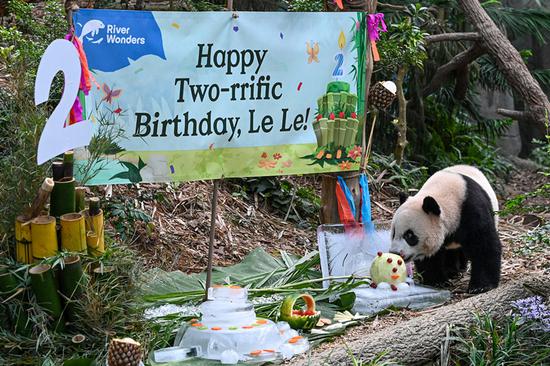
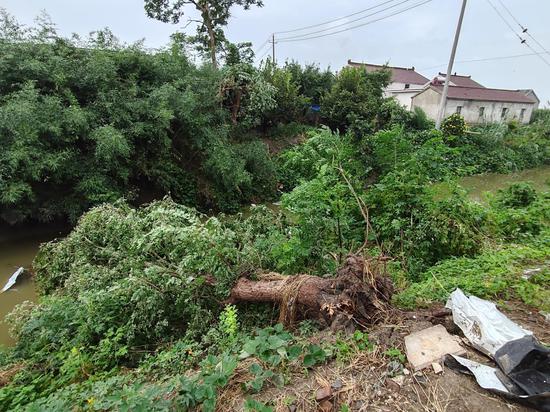

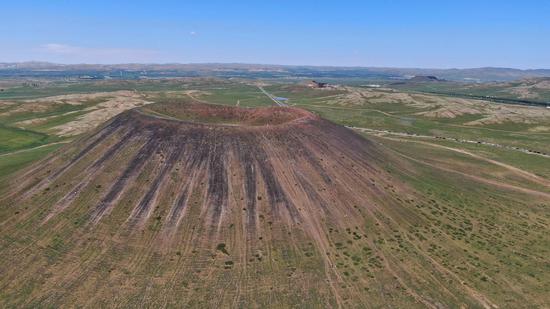
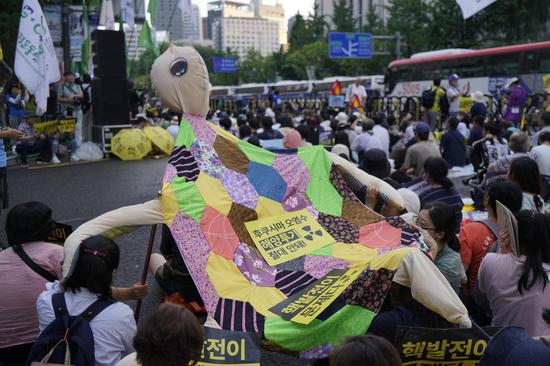
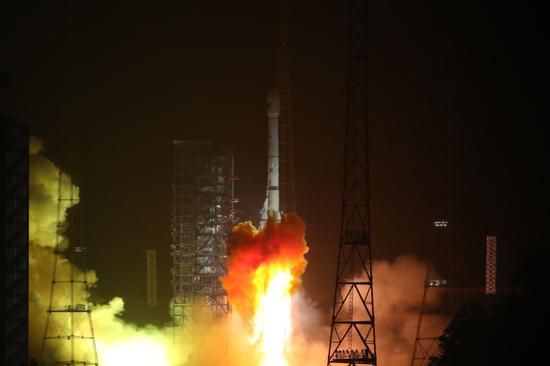

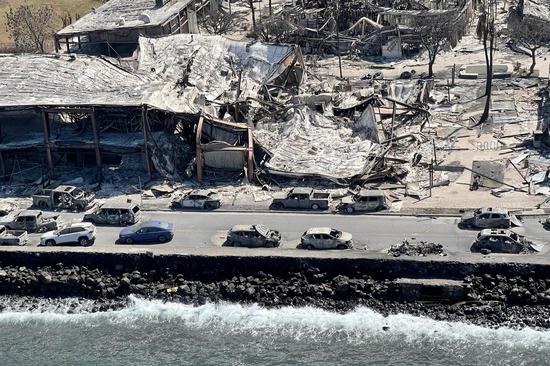


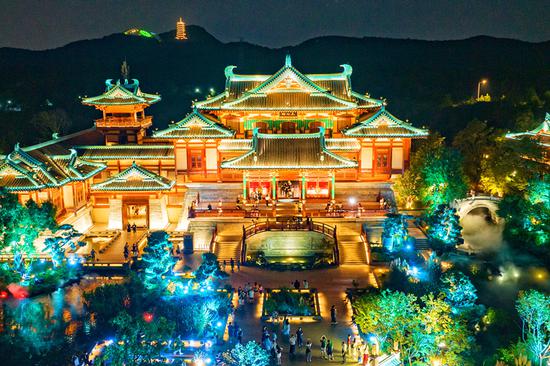
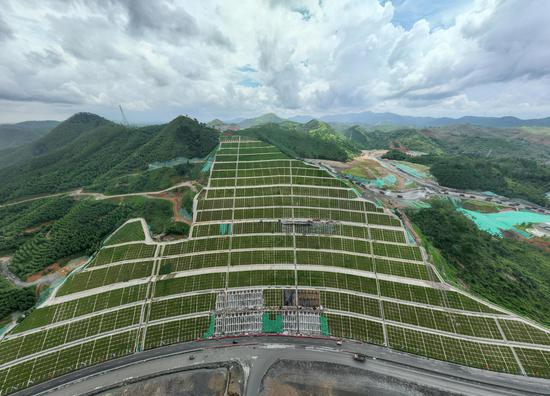


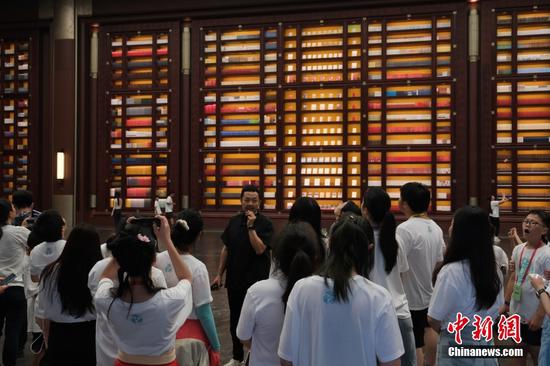

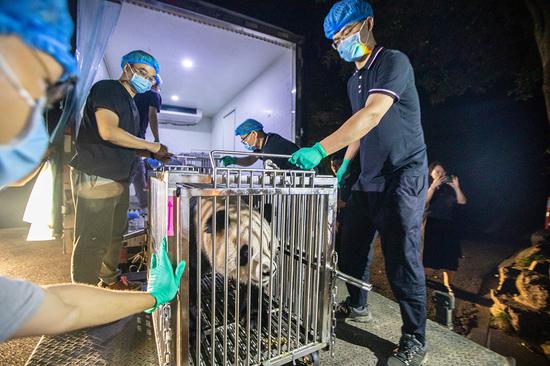

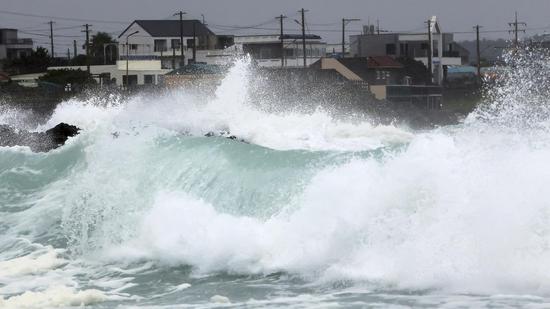
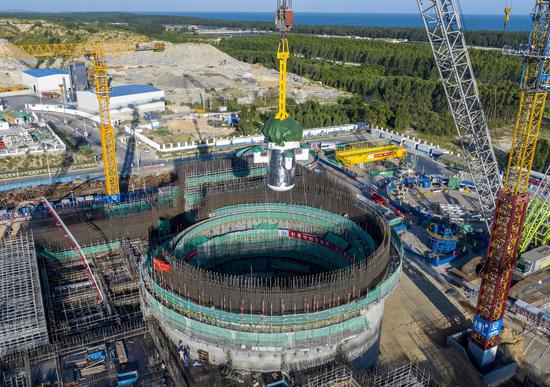

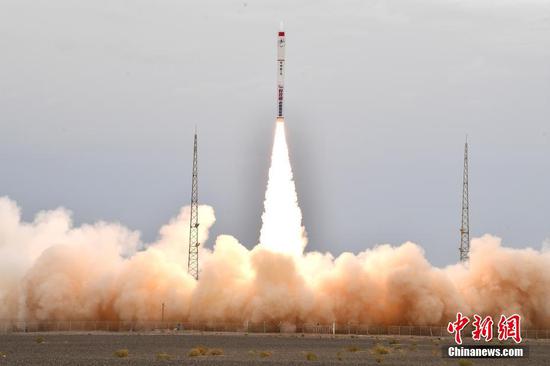
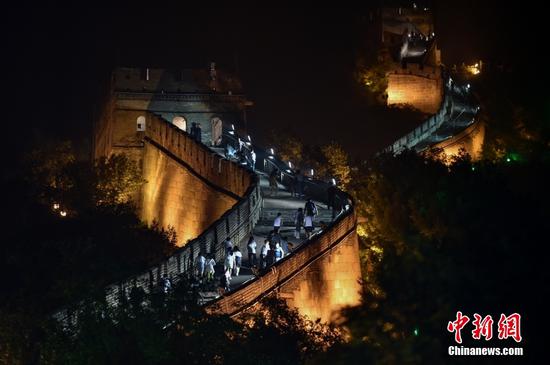
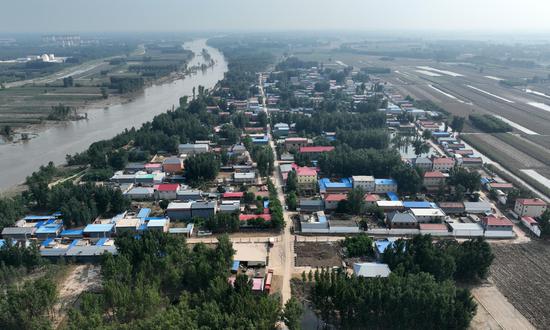
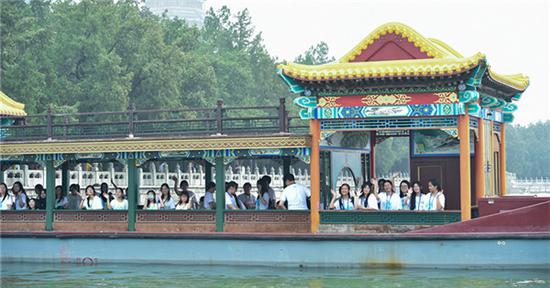



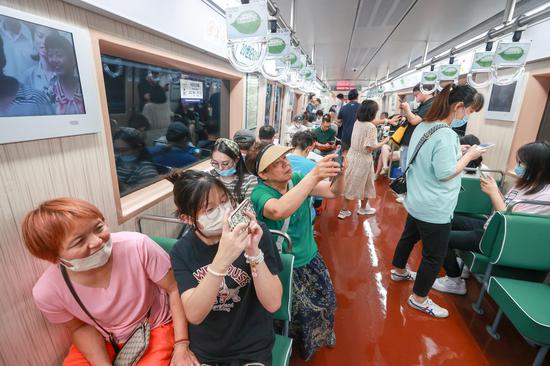
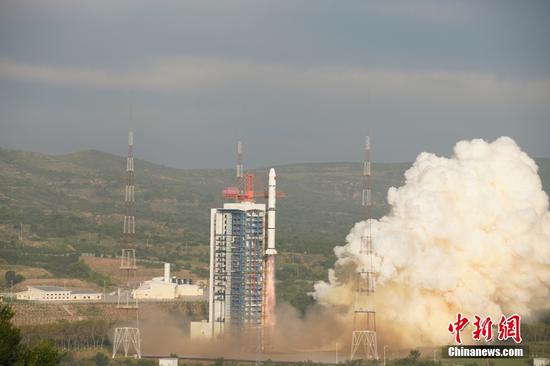
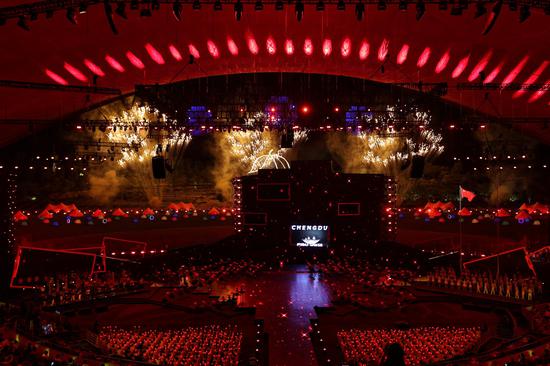
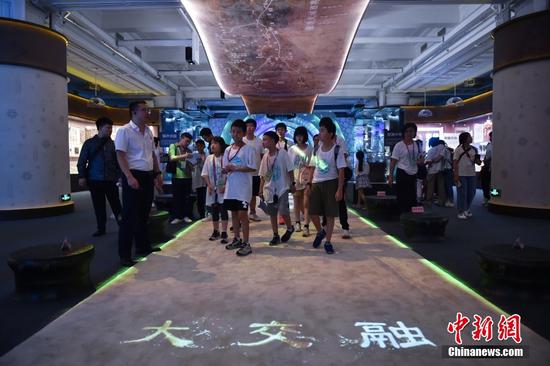
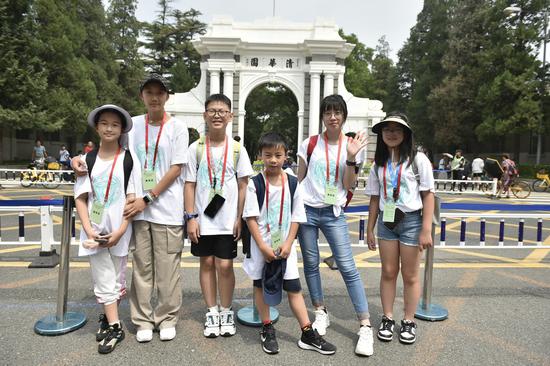
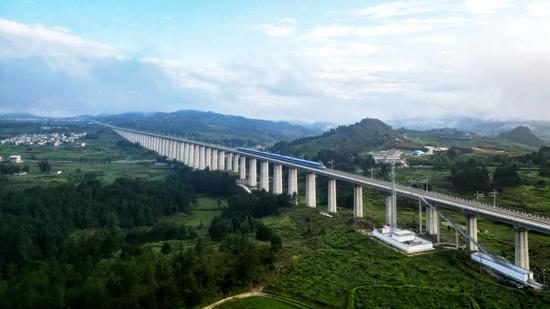
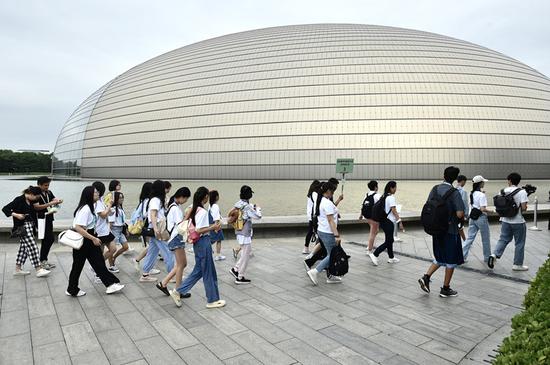
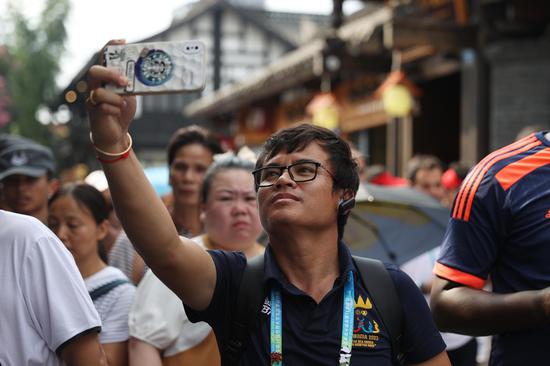






 京公网安备 11010202009201号
京公网安备 11010202009201号